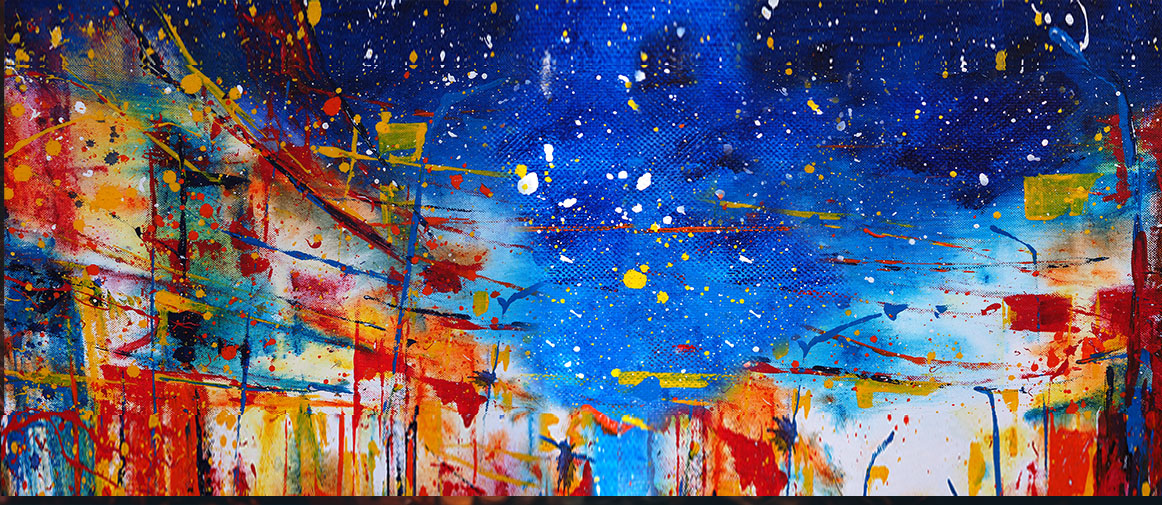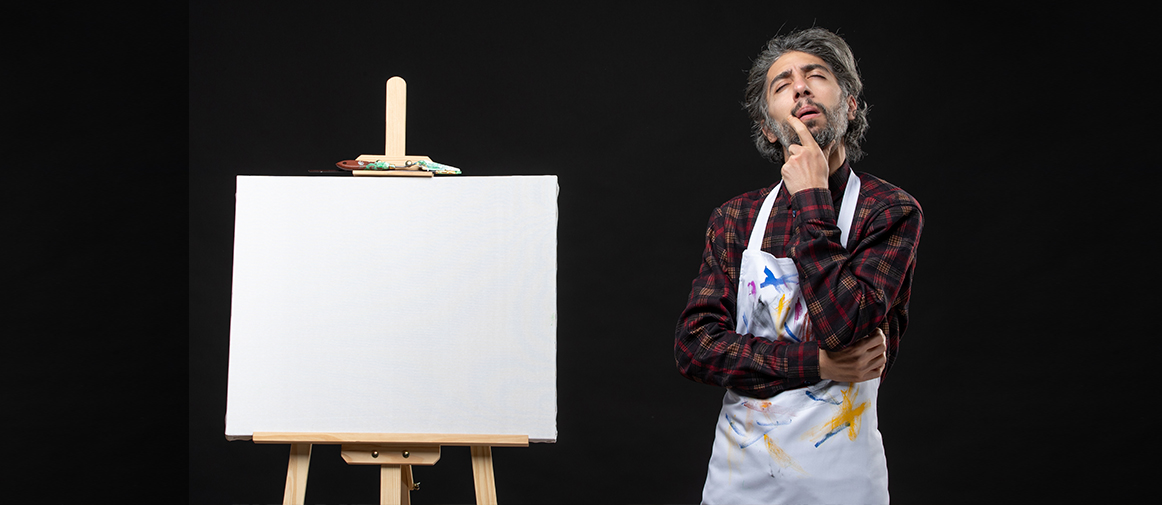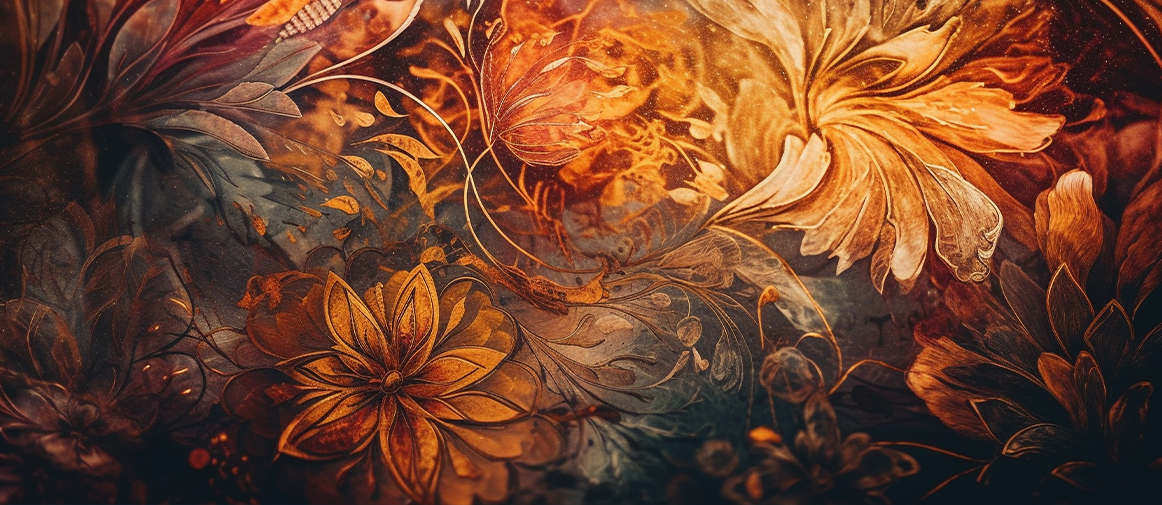Enjoy free shipping on all orders. Delivery within 7-8 working days.

The Abstract Expressionist movement was a tumultuous force that swept across the canvas of the art world in the 1940s, originating in the vibrant streets of New York City. It was a rebellion against traditional forms of representation, instead focusing on the raw, emotional power of the medium and the unique vision of the artist.
At the forefront of this movement were legendary figures such as Jackson Pollock, Willem de Kooning, and Mark Rothko, who sought to tap into the unconscious mind and harness the energy of the artist as a vessel of expression. Their paintings were large and explosive, filled with gestural brushstrokes and marks that conveyed the deepest depths of emotion.
But the influence of Abstract Expressionism was not limited to the canvas. It also left its mark on sculpture, printmaking, and collage, as well as on the ideas of Surrealism and psychoanalysis. These artists drew upon the raw, unfiltered power of the unconscious, creating works that were spontaneous and full of raw feeling.
Even today, the legacy of Abstract Expressionism can be seen in the art of the 21st century, a testament to its enduring influence and power.








